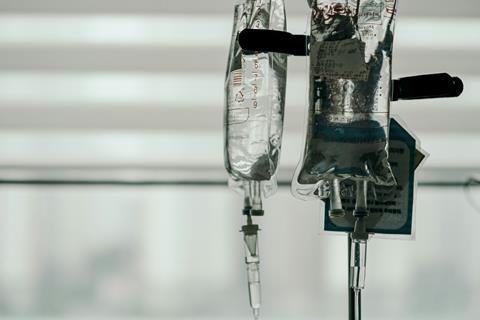Experts in mycobacterial diseases at National Jewish Health, in collaboration with local health departments and the Centers for Disease Control and Prevention (CDC), are investigating a potential outbreak of a highly drug-resistant mycobacterium after U.S. patients who traveled to Mexico for stem cell injections became sick.

Genetically identical Mycobacterium abscessus subspecies massiliense infections following stem cell injections at various clinics in Mexico prompted the investigation. Early results of the study were published in the CDC’s Morbidity and Mortality Weekly Report (MMWR), and additional cases are being evaluated.
“As a world-renowned referral center for patients with mycobacterial diseases, we see patients from all over the country, and we noticed a trend of patients getting this particular infection after stem cell injections were performed outside the U.S. We performed whole genome sequencing of isolates from these patients, and we found they were genetically identical. We then notified the state health department and the CDC,” said pulmonologist Charles Daley, MD, senior author of the study and chief of the Division of Mycobacterial and Respiratory Infections at National Jewish Health.
Outbreak of infections
“Mycobacterium abscessus is a highly drug-resistant, difficult-to-treat nontuberculous mycobacterium,” explained Minh-Vu H. Nguyen, MD, infectious diseases physician at National Jewish Health and lead author on the study. “We want the public to be wary that mycobacterial infections can come from unapproved stem cell injections. Also, clinicians seeing patients with infections in skin, other soft tissues or bone and joints should be aware of mycobacteria, specifically Mycobacterium abscessus, as a possible cause and notify their local health authorities if confirmed.”
“We want to make sure clinicians are diligently looking out for this strain from the outbreak of Mycobacterium abscessus subspecies massiliense infections,” said Dr. Daley.
The CDC issued a warning for U.S. residents who have procedures abroad as they may be at risk for infection, blood clots in the legs and lungs, and even death. Experts urge patients to talk with their doctor about these risks before traveling outside of the country for health care.







No comments yet